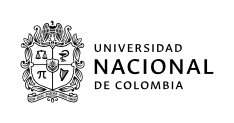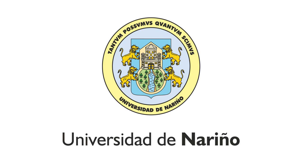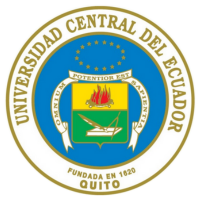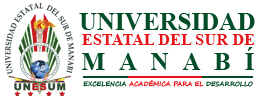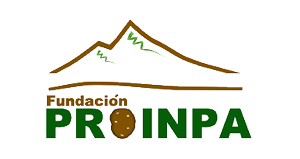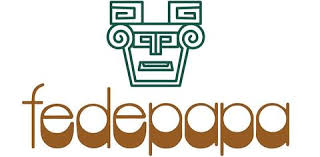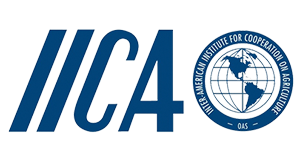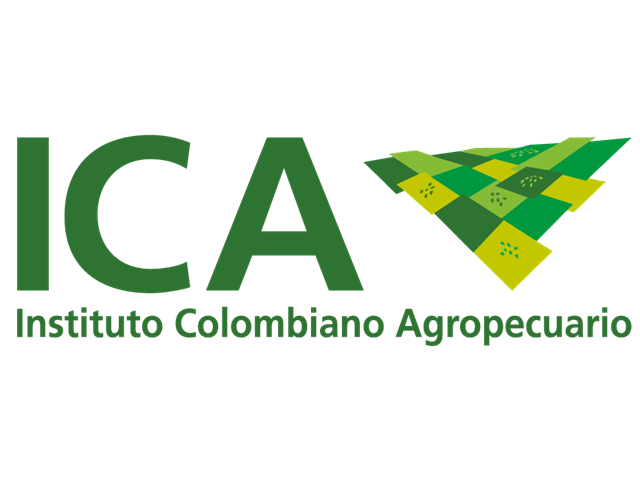Strengthening the potato production system in response to climate change
Apply potato breeding processes in the Andean region to obtain early maturing and drought-tolerant cultivars, to reduce climate vulnerability and contribute to food security.
Context of the story
Potato cultivation is vital to the Andean economy, but it faces serious threats from climate change, with projected yield losses of up to 32%. Decreased rainfall, rising temperatures, and high solar radiation have intensified droughts, compromising food security and farmers' livelihoods. In Colombia, Ecuador, and Bolivia, smallholder agriculture is affected by water scarcity and limited access to irrigation technologies, directly impacting production. As temperatures rise, potato crops are being pushed to higher altitudes due to the spread of pests and weeds, putting fragile ecosystems with unpredictable rainfall patterns at risk.
Technical cooperation to strengthen genetic breeding programs in the Andean region, reduce vulnerability of family farming to climate change, and promote food security for communities
The implemented initiative
The Colombia, Ecuador, and Bolivia consortium, along with the actors of the potato production chain in the Andean Region, is addressing climate change vulnerability by incorporating new families and advanced clones, with early maturity and resilience to drought, into breeding programs to promote sustainability in food production and enhance food security.To this end, advanced clones previously identified by the International Potato Center (CIP) are being evaluated in diverse environments. Participatory breeding programs are being strengthened to support the selection of promising materials and their future adoption as cultivars. Additionally, a regional breeding platform has been established to promote the use of standardized phenotyping and genotyping methods.
Strategies for the evaluation and identification of early maturing and drought-tolerant materials aimed at ensuring sustainable production and food security
The technological solution
The project focuses on the selection and adoption of new elite lines and advanced potato clones that are drought-tolerant, through participatory plant breeding processes.
Participatory selection processes will be implemented, involving both men and women in the evaluation of materials adapted to the agroclimatic conditions of each country, with special attributes for consumption, thereby promoting their adoption by farmers.
The incorporation of these new elite lines and advanced materials will reduce production costs by eliminating the need for irrigation infrastructure and decreasing the use of labor and agrochemicals.
The goal is to provide farmers with greater harvest security, ensuring that potato production is at least 1.5-3% higher than current cultivars in conditions of low precipitation.
This initiative is establishing a communication platform to promote the generation of knowledge, standardized methodologies, and the exchange of regional experiences.
Between 2005-15, extreme weather events cost developing countries an estimated USD 96 billion in lost agricultural production. Without action, potato yields could fall up to 32% by 2060.
Type of project
Results
*Each country has imported between 30 and 31 advanced in vitro potato clones, selected for their outstanding agronomic traits. Additionally, the Central University of Ecuador (UCE) imported 17 families in the form of botanical seed.
*Currently, each country is multiplying the material with the goal of obtaining enough tubers to establish observation and evaluation plots under drought conditions.
*A communication platform for genetic improvement, involving 26 project members, has been established to promote the use of common methodologies across countries and the exchange of regional experiences.
*Two virtual workshops have been held to train human talent in strategic areas of the project, targeting researchers, students, and stakeholders in the potato value chain.
*Two in-person workshops were conducted to engage with farming communities in Ecuador and Bolivia.

 Back to the project
Back to the project Colombia
Colombia Bolivia
Bolivia Ecuador
Ecuador
